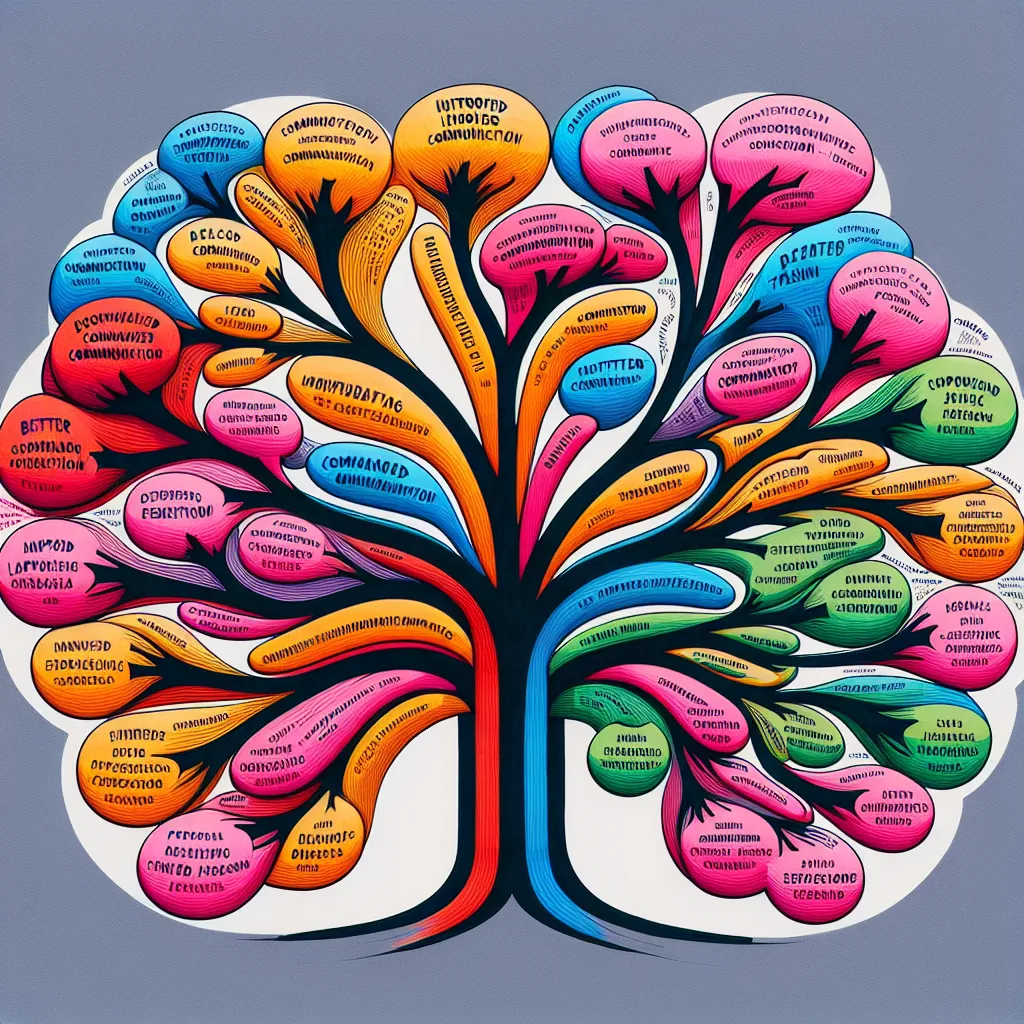Learning English phrases is a crucial step in mastering the language. Whether you’re a beginner or an advanced learner, acquiring and using idiomatic expressions can significantly enhance your fluency and natural-sounding speech. In this comprehensive guide, we’ll explore various strategies and resources to help you effectively learn and incorporate English phrases into your language skills.
Understanding the Importance of English Phrases
English phrases, including idioms, collocations, and phrasal verbs, are essential components of the language. They often convey meanings that cannot be deduced from individual words alone. By learning these expressions, you’ll be able to:
- Communicate more naturally with native speakers
- Understand context-specific language in various situations
- Improve your reading comprehension and listening skills
- Express yourself more precisely and eloquently
 Importance of English Phrases
Importance of English Phrases
Effective Strategies for Learning English Phrases
1. Immerse Yourself in Authentic English Content
One of the best ways to learn English phrases is through exposure to authentic materials. This includes:
- Watching English movies and TV shows with subtitles
- Listening to English podcasts and radio programs
- Reading English books, newspapers, and magazines
By immersing yourself in these materials, you’ll encounter phrases in context, making them easier to understand and remember.
2. Use Spaced Repetition Techniques
Spaced repetition is a learning technique that involves reviewing information at increasing intervals. To apply this to learning English phrases:
- Create flashcards with the phrase on one side and its meaning on the other
- Use apps like Anki or Quizlet that incorporate spaced repetition algorithms
- Review phrases regularly, with longer intervals between reviews as you become more familiar with them
3. Practice in Context
Learning phrases in isolation is not as effective as using them in context. Try these methods:
- Write sentences or short stories using new phrases
- Engage in conversations with native speakers or language exchange partners
- Participate in English language forums or social media groups
4. Categorize Phrases
Organizing phrases into categories can help you learn and remember them more effectively. Some possible categories include:
- Emotions (e.g., “over the moon,” “down in the dumps”)
- Business (e.g., “think outside the box,” “touch base”)
- Time (e.g., “in the nick of time,” “at the eleventh hour”)
 English Phrase Categories
English Phrase Categories
5. Use Mnemonic Devices
Mnemonic devices can be powerful tools for remembering phrases. For example:
- Create a vivid mental image: For “it’s raining cats and dogs,” imagine cats and dogs falling from the sky
- Use acronyms: Remember “ASAP” (As Soon As Possible) as “Always Say A Prayer”
- Make up a rhyme or song: “An apple a day keeps the doctor away”
6. Leverage Technology
Various apps and online resources can aid in learning English phrases:
- Duolingo: Offers lessons on common phrases and idioms
- Memrise: Provides user-created courses on English expressions
- YouTube channels: Watch videos dedicated to teaching English phrases
Common Pitfalls to Avoid
When learning English phrases, be aware of these common mistakes:
- Overusing phrases: While it’s good to use idioms, using too many can sound unnatural
- Misunderstanding context: Some phrases are informal and not suitable for all situations
- Translating literally: Many phrases don’t make sense when translated word-for-word to other languages
Next Steps in Your Language Journey
After familiarizing yourself with various English phrases, consider these next steps:
- Set a goal to use a new phrase each day in conversation or writing
- Join an English language meetup group to practice using phrases in real-life situations
- Keep a journal of new phrases you encounter and how they’re used
- Challenge yourself to write short stories or dialogues incorporating multiple phrases
Conclusion
Learning English phrases is an ongoing process that requires patience and consistent practice. By immersing yourself in authentic content, using effective learning techniques, and practicing regularly, you’ll gradually build a rich repertoire of expressions that will enhance your English language skills. Remember, the key is to use phrases naturally and appropriately. As you continue your language learning journey, you’ll find that mastering English phrases not only improves your communication but also gives you deeper insights into the culture and mindset of English speakers worldwide.




